



Abigail Brown
Location: London, UK
How would you describe your art? Soft, comforting, happy, naïve, playful
Currently working on: Hmmm…gosh, what am I not working on?! A window display, exhibitions for the year, ideas for a music video…on and on…
Day job: Very lucky to be scraping a living from my art, both the textile work and illustration
3 Likes: cakes, smiles, bed
3 Dislikes: negativity, grey skies, currently that there’s no hot water in my flat
People & artists you admire: Anyone pushing themselves to live their dreams, people with big imaginations, people brave enough to do with their lives what they want, but not at the cost of others.
Favourite album(s) to listen to when working: I have a selection of compilations made for me by friends and these are my favourites!
www.abigail-brown.co.uk
Interview date: February 2009.
First things first I guess I’d like to ask about the sorts of stuff you like; what images keep you company in your studio / place(s) of work, for inspiration?
Children’s books are for me the biggest source of inspiration. I collect them from all over the world and have bookcases overflowing with them. I love Japanese design and animation. I like vintage packaging and textiles…I keep little snippets of all sorts around me.
What is your artistic history? How did you first become interested, and get started with creating art, embracing your creativity, and working towards developing your current style and output?
I’ve done it since I could do anything. My baby book states ‘sticking and snipping’ as my first favourite activity!
I studied at Art College, took a degree in Surface Decoration and Printed textiles, and only then when I’d finished did I free myself to create what I wanted to. I didn’t find the right place for myself during my degree and didn’t really get onto a track with my work. The drawing style is the same and the things that inspire me and attract me but I feel like I’ve established things for myself in the years afterwards. I’m working in ways I didn’t allow myself to at university…I wish I hadn’t put so much pressure on myself at the time and just enjoyed it, but, I’m enjoying it now!
Where did your skills in textiles come from?
I ask this, as I know that you have studied art and textiles at University, yet you primarily learned your craft through absorbing the seamstress techniques around you as a child, techniques that you cobbled together without specific training.
I guess my question is; to what degree do you think formal training has impacted upon your artistic practice, and to what degree have you taught yourself your main skills, techniques, and abilities in a way that education never could have?
What I studied has had no impact on the art I create in honesty, the illustration side of things and the design work has been informed by my degree and in that case I feel my degree was necessary, but the craft work wasn’t a part of it.
My housemate at uni studied Decorative Artefacts and I was always so envious of what she was working on, I almost changed to her course but felt really I had those skills and didn’t need to study that degree, sticking with what I was already studying would be a better path for me at the time. It lead me to graphic design for fashion and interiors, to greetings card illustration and then onto illustrating children’s books and I do think my degree helped me get to where I am with that stuff.
But it was my own pursuits after uni that lead me to where I am with the textile art, and the skills I use for this work weren’t studied, these are the natural skills I just picked up over the years with my Grandmother. I was always sewing little clothes for dolls, or making cushions for my friend to use when I put her on the back of my bike, or making little fabric collages as birthday cards. Really it’s just the effects of 22 years of working with those materials…and I like it like that, it’s free and unrestrained, there’s no right or wrong way, just how I feel, and you can’t study that sort of thing. What I could have done with is the teaching of how to work in the field, how to operate as an artist, this is something I’ve had to learn myself, often by messing up!
Were your artistic and creative endeavours encouraged and appreciated from an early age, perhaps giving you a sense of perspective over your productivity and its worth?
Difficult one, my Father is a scientist and was worried that making a living from art wasn’t going to be easy and encouraged me not to restrict myself just to art. I had the belief in myself because of my teachers, because of my parents, despite that, and from friends. So it helped knowing people thought I had talent and yes, then, perhaps that’s why I pushed myself to do something with it. Perhaps if I hadn’t been so encouraged then I wouldn’t have…I don’t know!
What role does artistry and creativity hold in your current everyday, day-to-day life?
The hugest! From the films I watch to the exhibitions I might go to, roaming the city looking at things, conversations with friends, or just that if I am sitting still for 5 minutes I’m itchy to be making something somehow. That’s a problem actually; I’m a bit of a workaholic.
I am very interested in how and where women gain access to their own confidence, and self-belief -- especially in terms of how they are able to produce and create with a sense of assurance, belief and certainty.
What is your personal relationship with confidence in and of your work?
There’s a fine line for me between self belief and self doubt. Whilst I can sail for ages in a positive belief in my abilities as an artist, it can take very little to floor me and cause me to question what the hell I am doing.
But I must have had some level of confidence to push my work in the beginning, to approach galleries with it, to happily put it in the view of others…and with all honesty I can’t quite say where that came from. I’ve had issues with wanting to prove my worth, to feel praise, and so maybe the little bit of faith I had in myself coupled with my want to be appreciated for what I could create and they motivated me to do it all. Maybe.
How would you describe your artistic techniques and materials; what processes does your work go through to reach a ‘finished product‘?
And how long would it take to complete a typical creature?
A piece of work usually begins life as some scribble on a piece of paper somewhere and this will evolve, usually, into something different as I start to make it in fabric. My method is layering I guess, I just build things up until I feel it’s how I want it, working in different textures, fabrics, colours…sewing into it and making marks. And then at some point I just feel that’s enough.
It depends, sometimes I can make what I have drawn easily, the shape I start sewing replicates it well, and in those cases it might take me a few hours. But other times when what I have in mind is a bit more complex, and I don’t have the technical knowledge to make it, it will be a trial and error process of hours, days…sometimes these guys don’t even get finished. If I’ve got too disheartened with my inability to make what my mind sees then I’ll just give up, and that little being will just be forgotten about, gosh… I’m quite sad thinking about it like that…perhaps there are some forgotten creatures I need to give some love to!
You seem to have many projects on the go at any one point, with many strings to your bow; from creating hand made little ‘tweeter’ birds in matchboxes, making all manner of fabric soft-sculpture creatures, illustration work, digital and collage design work, partaking in craft fairs, making the most beautifully intricate realistic bird sculptures – often specifically commissioned, creating one-off 3D canvas pieces featuring stuffed creatures, and beyond!
Is it important to you to have many strings to your bow? – Whether this may be in order to diversify for financial reasons, or to maintain your personal interest levels in your work, or to fulfil your personal creative urges and passions, or indeed in order to give as many things a go as you are able and talented to!
Yeah, this is an issue! I think for many of the reasons you list I have this wide array of areas I am working in, and it’s always been like that. At uni I couldn’t pick an area and ended up with a very disappointing show at the end because nothing had got anywhere.
I would like to consider limiting my range, and focussing myself and my work…I think that would be a challenge for me and I think some really wonderful things could come out of that.
The biggest issue is financial and for that reason it is currently essential for me to work in many areas in order to earn enough money.
There is a real sense of an atmosphere of calm created by your work – whether this be through colour, texture, pattern, medium, or characters presented.
This atmosphere could almost be described as a visual language evoking beauty, childhood, fables, and reassurance, without ever being childish.
To what degree does this ring true to your own thoughts on how you create and how you perceive your work?
Do you enjoy having a craft that enables you to have an escape from reality and adulthood, and connection to childhood once in a while?!
Yes I love that about it, I love the feeling of being a person whose job is to make small fabric birds, to create little beings and give them names. It does feel very much like I’m just acting out my childhood still. I feel at my happiest in this world, it is safe and reassuring and it’s innocent and positive. I’ve suffered with lots of periods of emotional upset and doing all of this somehow is a therapy, it focuses me on the happy things this world can offer. Yes it’s very important to my emotional well-being that I escape, as often as possible!!
How important is storytelling to your art?
It hasn’t played a huge part in things so far but I would like it to at some point.
I once read you say of your focus on animals within your work that,
‘Animals give comfort. The comfort I find in nesting away in piles of fabric and tangles of thread.’
If art and creating provides you your comfort, and if that which you depict is also that which gives comfort, how do you manage and navigate artistic or creative burnout, stress, or frustration – when the very thing that is your comfort becomes uncomfortable? Where else do you go for comfort?
Hmmm…yes, difficult. Sometimes you just have to know when to quit and give yourself some space. That’s not always easy when there are deadlines and financial shackles but it’s essential to step out and let go of things, return a bit later. I like to head outside, see some nature, be with friends, eat cake! It’s impossible to avoid these things sometimes so I just have to learn to treat myself kindly and know when I need a break.
I love all the different ways in which your pieces create interest. Why do you like creating with different fabrics and textures, integrating found and unique pieces, and combining materials and mediums?
That’s a process I do without much regard so it’s a deep rooted reason I think. The origins of it all, back to my Grandmother, the raggy bag!...this was just full of, and indeed made itself from, scraps of whatever there was at hand. So without realising it that’s possibly at the core of it all. But I’ve always been drawn to artists whose work has layers to it, where there’s texture and mark making and where signs of hand processes are visible. I just like that.
The majority of the art I have seen from you has been three-dimensional. What does working in this way offer you as an artist that making and creating in 2D would not satisfy?
The 3D work is like creating life, these little beings evolve into something real that I can hold and that feels really special.
You specialise in hand crafting unique, one off pieces (or very limited edition runs).
With the time it takes to create each individual, one off piece, what strategies and techniques have you learned or adopted in order to keep motivated, maintain concentration, enthusiasm and momentum, and be self-disciplined? As I for one know that keeping focussed on long projects can be tough!
Essentially I have to really love what I am making, and how I am making it. Mostly sewing is for me very relaxing…but under time constraints it’s less so. To keep me working and stop me from wandering off finding anything else to do I watch films! or I sing to music or I plan little breaks and make myself work till that time when I can do that fun thing. But yes, I do really struggle with concentration!
How prolific an artist are you?
Do you find creating work to order, or to meet specific deadlines creatively useful, or restricting?
A mix. I think working to deadlines makes me work faster but I do feel it can restrict my creative juices and make the work more formulaic. I need to find a way of working around that issue so I don’t feel it can be so negative.
What are your thoughts on the nature and exclusivity/inclusiveness of ‘art’ -- Do you believe everyone can be creative in their own life?
I ask this, partly, as many people may be crafters and makers already, yet not necessarily view this creativity as their art.
I like to view art as an expression of the self, and that if the person is true to themself then the thing created is their art and no one has any right to say otherwise. Whether their ‘art’ will appeal to others or be held with any regard is another matter entirely!
Kind of linked to the above question, I read that in the past year you contributed to a collaborative crafting book by submitting step-by-step advice on card making, with ‘how to’ instruction.
Is it important to you to be able to pass on technique, skill, and knowledge, with the purpose of furthering or advancing others confidence in and knowledge/practice of crafting?
If I can have positive effects on others with what I am doing then that just makes it all the more wonderful. Creating breeds so much positivity, and that is very important to me.
A lot of your work is sold in local, independent galleries and stores.
Do you feel that such independently owned stores, spaces & settings are more suited/more fitting for your artwork (and how you can display/promote/market yourself and your creatures)?
I think it does sit best in that sort of environment. Those small places have such character and it’s those environments I like to shop in. I want to feel warmth and to know I am welcomed and that what I am looking at is crafted with love and care, and that’s what you get in the independent outlets. That sort of place represents me and my creative ethics too.
Do you enjoy exhibiting your work?
What have your experiences of exhibiting nationally and internationally been like in general?
I’m quite shy when it comes to being with my work, and so I’m reluctant to ever be on display with it. But on the whole the experience is always positive, except for a couple of ignoramuses I’ve had the displeasure of enduring. People’s faces light up, they smile, they want to touch the work and that’s lovely to see, really, it makes it feel wonderful to be doing it all.
When the work is sent off to galleries it’s varied in response. Sometimes lots will sell, other times barely anything. So if you haven’t been to the show then you can’t ever know if it was the display or that it didn’t work with the other artists work. I’m not very good at chasing galleries for feedback, in case it’s too disheartening!
But I will say positive on the whole, it’s always lead on to something else, eventually.
What is your favourite part of artistic creativity? Why do you keep on going and doing what you do?
I couldn’t not do! Ha, I really don’t know what I would do if I didn’t!
I love the feeling I get whilst I am making, but obviously the end result, when it’s one to be proud of makes you strive for more.
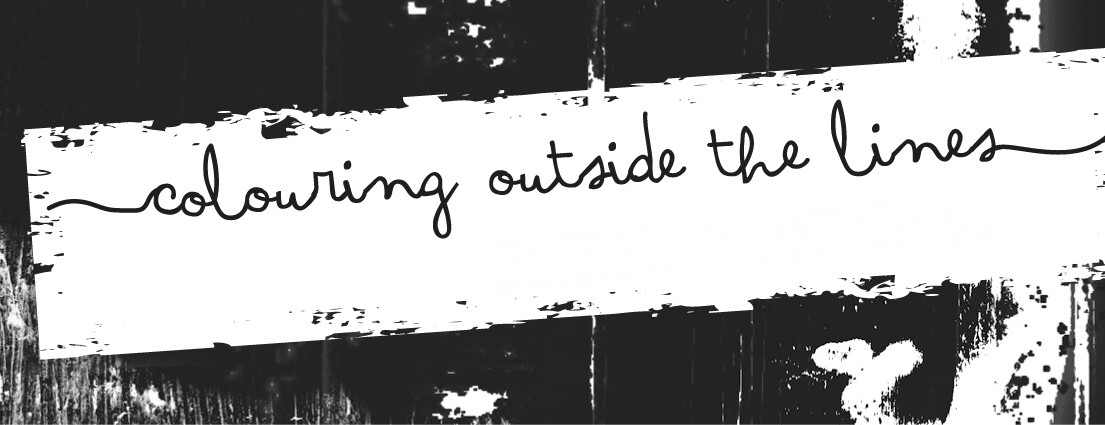





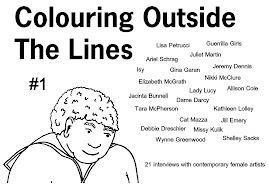
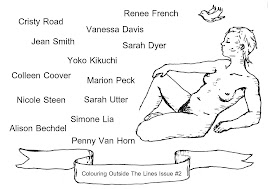

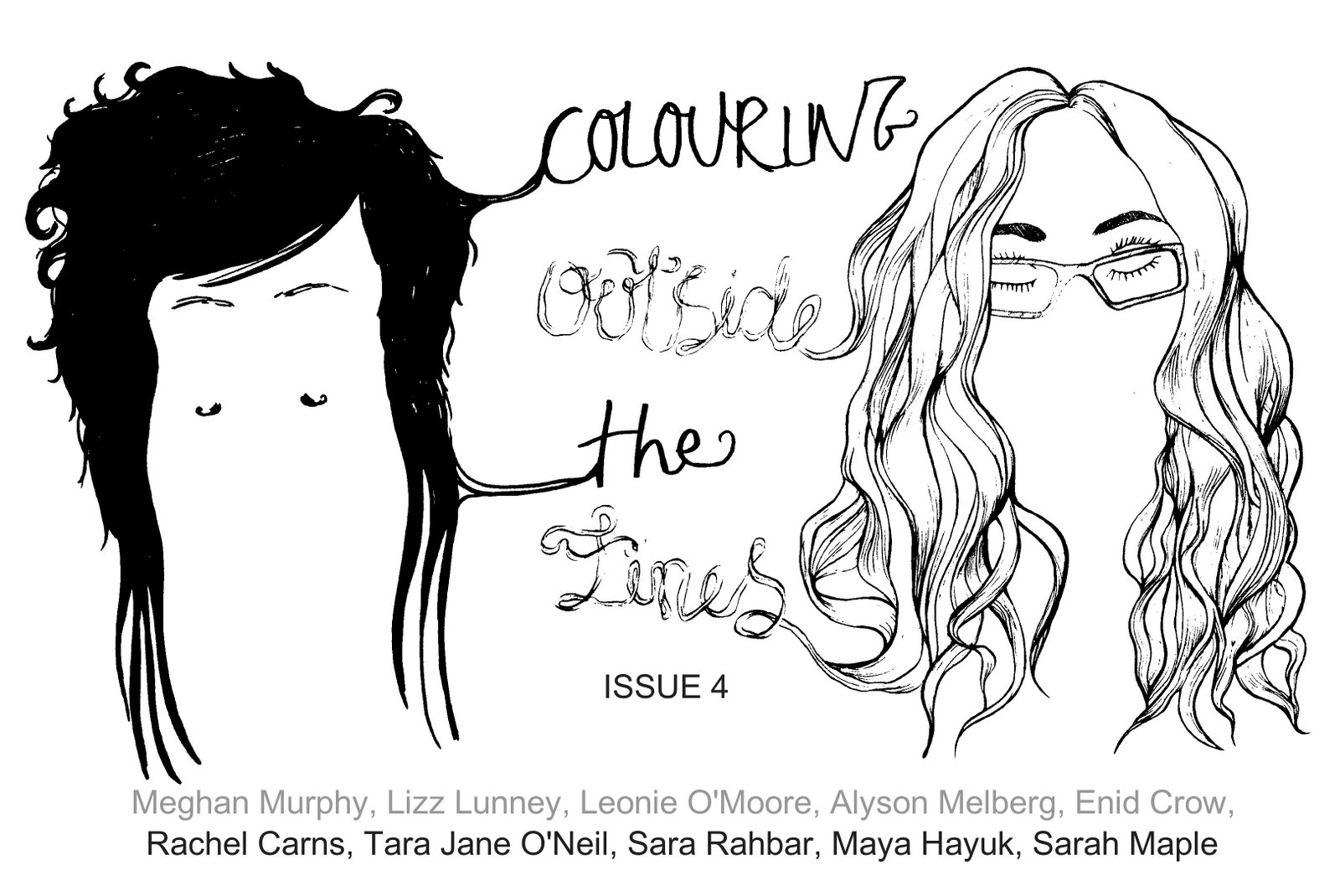

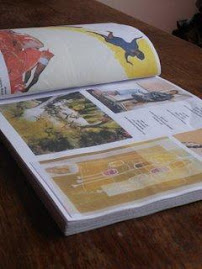



No comments:
Post a Comment